Rules of conduct for students at school

Modern schoolchildren, unfortunately, tend to ignore the rules and norms of behavior. And not always this happens because of their ignorance. Moral and ethical foundations are laid from an early age, primarily by family education.
Therefore, the responsibility for informing about the norms of behavior and the work to educate the moral qualities of the child lies not only with educators and teachers, but also with parents.
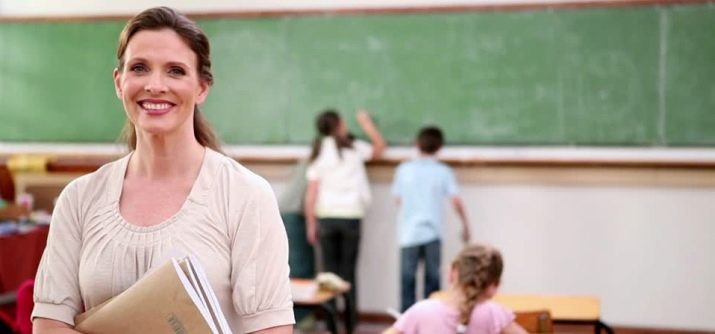
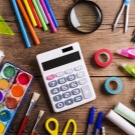

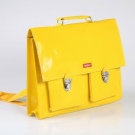
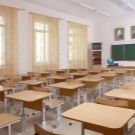

Peculiarities
In general, the general school rules and culture of behavior differ little from the universal ethical standards of communication. From the child is not required at all something complex, incomprehensible to an ordinary person or difficult to accomplish. Most of the rules of conduct in an educational institution are aimed at ensuring the safety of the students themselves and at elementary observance of etiquette. Therefore, it is important that parents themselves understand how necessary it is to instill in the child the ability and desire to comply with them.

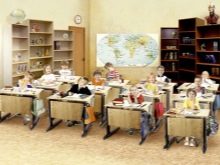

Code of Conduct
A teacher, like any adult, deserves to be treated with respect. A student's conversation with a teacher, afterschool teacher, or school administrator must take place in a respectful, correct manner.A good student is distinguished by politeness, punctuality, ethics and tolerance of behavior.

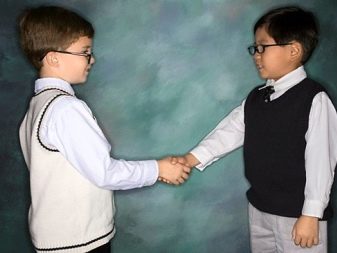
The basic rules for students are regulated by the new law on education. Parents should notify the child about these norms during educational conversations. After all, it is much more pleasant and gratifying for parents themselves to observe their polite, well-mannered child who knows how to behave appropriately.
Few people can be pleased with the remarks of the class teacher, entries in the diary or calls for a conversation with the headmaster.
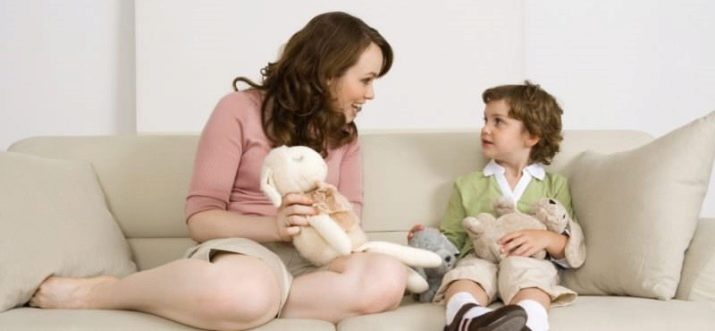
Speech ethics
The basis of communication in any institution and team, including educational ones, is verbal interaction. In other words, the ability to competently and correctly express one's thoughts, enter into dialogues, build a conversation.

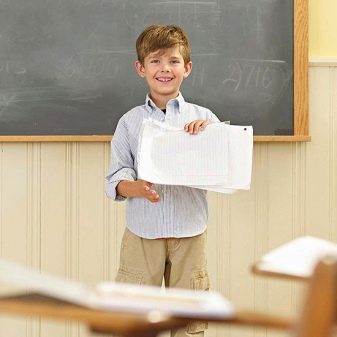
In the relationship between a teacher and a child, it is especially important to observe speech ethics and culture. A teenager must understand that the style of communication with peers is often unacceptable for a conversation with an adult.
Small children often name everyone on "you". From this child must be weaned from preschool age. The kid should explain that there is a difference between friends, close relatives and other unfamiliar or unfamiliar adults. Respectful address to "you" to a teacher or educator should become a habit for the child.

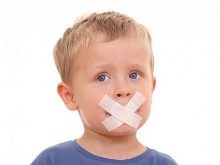
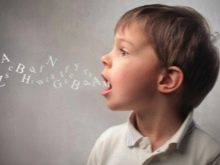
Rules for students
As mentioned above, the rules and norms of behavior in educational institutions for students are quite simple and are regulated by the law on education. Their systematic violation may lead to the call of parents to the teachers' council.
If the student continues to violate the norms of behavior in the educational institution, the parents may be invited to the juvenile inspector.The social educator and the inspector can collect materials about the failure of parents to fulfill parental responsibilities, which may result in fines. In severe cases, when there is gross and persistent non-observance of norms and ethics, it is possible to temporarily remove the child from the family and place him or her in a boarding school.

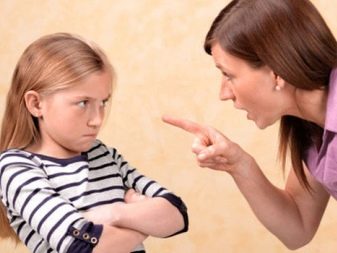
It happens that parents are removed from education, explaining this by employment or a difficult life situation. They mistakenly believe that by transferring the child to a kindergarten or school, they can shift the upbringing to the staff of the institution.
Undoubtedly, in addition to teaching, educational institutions are also entrusted with an educational function. However, if ethical norms are not supported in the family and moral foundations, rules of communication and interaction with adults and peers are not instilled in the child, such a child stubbornly ignores the rules of behavior.


This entails a decrease in academic performance, a violation of relations with classmates, a stressful state while at school.
Good behavior during lessons and changes at school is the key to success in studies, a guarantee of a stable and comfortable psycho-emotional state of the student. Highly it is important to teach the child polite ethical behaviorby talking to him at home.

Code of Conduct for School Students
During break
- After the call from the lesson, the student can leave the class only with the permission of the teacher.
- Students are strictly prohibited from running in the hallway or classroom.
- Do not open windows without authorization, sit on the windowsill, throw any objects out of the windows or windows.
- For convenience and safety, when moving along the corridor, you must always keep to the right side.
- When entering a classroom or dining room, you must give way to adults, regardless of gender, and girls, regardless of age.
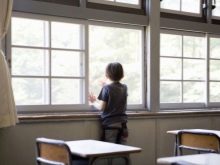


- Do not litter in the classroom, dining room or corridor, as well as in the school yard. All garbage must be collected in special baskets or bins.
- A student must not damage school property. You must not appropriate or damage other students' belongings or teachers' belongings (personal or work).
- It is forbidden to carry dangerous items: traumatic weapons, edged weapons, flammable or flammable objects or liquids.
- Meals should be taken in the dining room at the time allotted for this. Eating in the hallway or classroom is not allowed.
- It is strictly forbidden to bring and use drugs or alcohol with you.
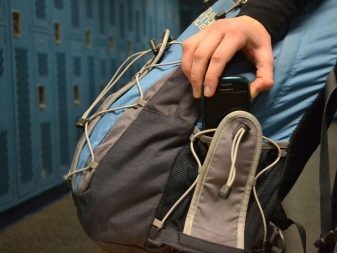

In the locker room
- Do not store valuables or money. Outerwear pockets must be freed from personal valuables.
- The student must come to school no later than 10-15 minutes before the bell for the lesson. This time is necessary to have time to change clothes and go to the classroom.
- You can not spoil, drop on the floor or appropriate other people's things and clothes.
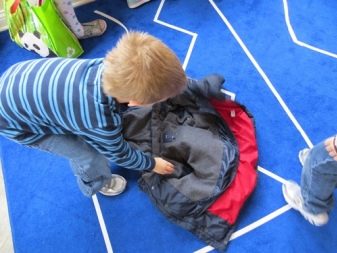
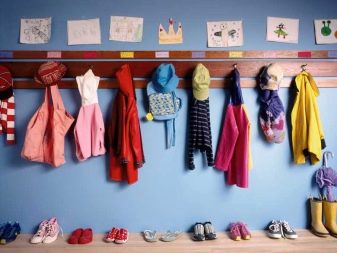
- You can not outweigh someone else's clothes. If a hanger is assigned to each student in the wardrobe, you need to hang things and clothes only on it.
- You can not play or make unreasonable changes in the wardrobe of the school. The school locker room is designed for changing and storing outerwear.
- It is necessary to change shoes into changeable shoes in the locker room, not in the classroom.
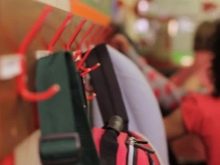


In library
- Silence must be observed in the school library. It is forbidden to talk loudly, play, talk on the phone or run around the room.
- You can't eat in the library.
- As in other areas of the school, littering is not allowed in the library.
- Damage to books is not allowed. Books on the shelves should only be touched with clean hands. Borrowed books must be returned without delay and in good condition.



In the Assembly hall
- This room must be entered with the rest of the class after the permission of the teacher.
- It is necessary to take those places in the hall that are reserved for a particular class.
- You can not scream, laugh out loud and talk, stomp your feet.
- It is unacceptable to interfere with surrounding students from watching a concert or performance.
- During a performance or a gala concert, it is unacceptable to eat or drink.

- No trash can be left in the auditorium.
- You can not spoil chairs, concert equipment, scenery.
- It is allowed to clap your hands to express approval and support for the speakers.
- After the end of the concert, you can not push and quickly run out of the hall, create a panic. Hurry others out. Classes leave the assembly hall in turn under the guidance of their class teachers.

In class or in class
- After the call, you must take your seats.
- A student should not be late for class without a good reason. You must enter the class no later than 5 minutes before the bell.
- Preparation for the lesson must be done in advance. With the start of the lesson, cooking and searching for the right textbooks in the portfolio will interfere with the teacher and other students in the class.
- Homework must be completed in advance.
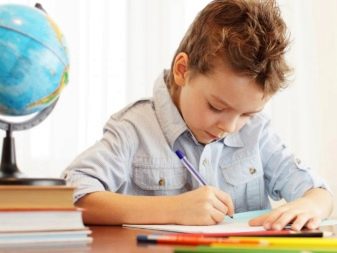

- Greet the teacher entering or leaving the class by standing next to his desk. The class may only sit down with the permission of the teacher. The director or head teacher of the educational institution is also welcomed while standing.
- If a quiz is being held in the class, do not shout out answers, interfere with others' answers, or suggest or confuse other students in the class.
- The desk should contain only those items and accessories that are needed for the lesson. Extraneous things should be put away in the briefcase.
- The student must provide the teacher with the diary upon request. You must not intentionally refuse a request for a diary or hide it.

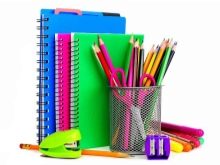

- It is forbidden to talk, laugh, use a cell phone during a class hour or a lesson. You can ask a question or make a suggestion by raising your hand and getting permission from the teacher or class leader.
- You can’t get up from your seat without permission, move around the classroom, change to another desk. If any of these actions is necessary, the teacher should be notified by raising his hand.
- It is forbidden to chew gum, eat or drink during the lessons.
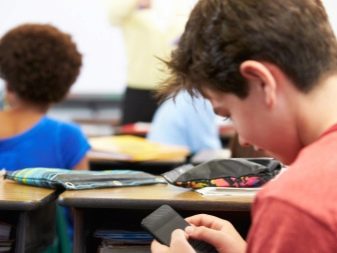
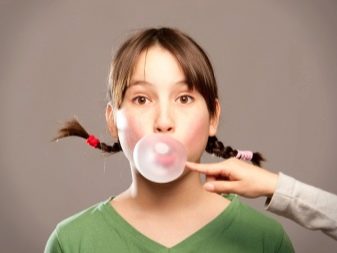
On the street
- During a walk in the after-school group, students should not leave the territory of the school yard.
- The exit from the school premises takes place under the control of the teacher after his oral permission. Pupils go out in a class or group, lining up in pairs.
- You can not push at the exit, create a panic, rush other students.
- Dangerous games are prohibited on the street. Do not play with hazardous objects.
- At the end of the time allotted for walks, students should line up again and proceed to the school premises under the guidance of their teacher or educator.
- On a walk, students are also required to observe safety precautions and a culture of behavior.



- You can not break branches of shrubs or trees, trample school flower beds.
- Littering is prohibited on the school grounds.
- It is forbidden to damage sports equipment or decorative items in the school yard.
- Fires are prohibited.



Appearance
It is worth touching separately on the culture of the appearance of schoolchildren. A neat and tidy appearance is the hallmark of good breeding and courtesy.
By the appearance of the student, one can easily determine the level of culture and upbringing of his parents.

Basic requirements for the appearance of students in educational institutions:
- If the educational institution provides for a special school uniform, the student must attend school only in this dress. Free style clothing in this case is not allowed.
- In cases where the regulations of the educational institution do not establish a uniform, the student must come in neat and clean clothes. Excessively bright and defiant elements are not allowed. The student's clothing style should be close to discreet business.
- In the classrooms and corridors of the school, the student should be only in changeable shoes. Shoes must be neat and clean. Girls are not allowed to wear high-heeled shoes or flashy colors.


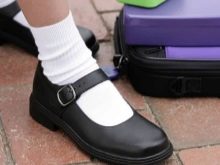
- Sports shoes are only allowed in physical education classes. The style of everyday shoes for attending lessons should be close to business.
- Students must have neat hair. Provocative haircuts, bright hair color, wearing hats are unacceptable.
- The student must monitor his appearance, master the skills of hygiene. It is advisable for the student to have napkins and a handkerchief with him. The student should wash their hands in a timely manner when contaminated (for example, with ink, or after eating in the canteen).



In the next video you will find the main rules of conduct for students at school.




























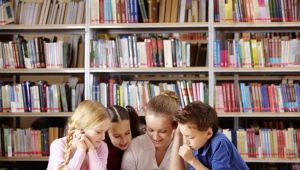
Very good rules, only compromises are needed.